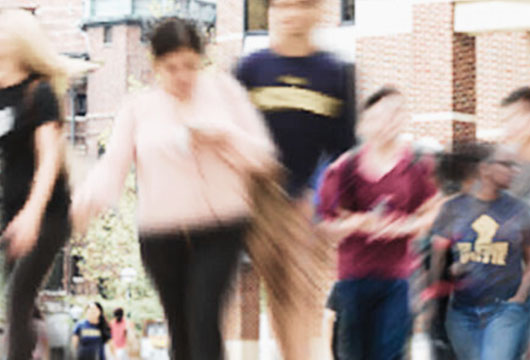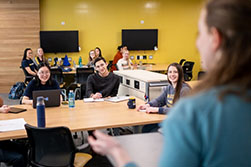| May 13-17: Hot Topics in Equity-focused Teaching @ Michigan, May Series Thu, 03/28/2024 Now in its eighth year, this annual series of workshops is open to all U-M instructors. Each workshop offers opportunities to engage with colleagues from across the university and to think through a range of timely equity-focused teaching questions, challenges, and strategies. You are welcome to register for one or all of the workshops in this one-week series. Sessions are free and open to U-M instructors in any field. Read more |
| Engaging Students by Integrating Career Development into Your Course Mon, 10/02/2023 Guest Author: Paul Barron, LSA Opportunity Hub We’re heading towards that point in the semester where students’ engagement may wane as they juggle competing deadlines and responsibilities. While it can help to revisit the syllabus and remind students of upcoming deadlines, another way to promote engagement is to address a topic they’re stressing about: looking for jobs and internships. This blog post offers a range of ways that instructors can help students identify links between their courses and their future careers. For more ideas, and to spend time considering approaches to engaging students in your course by connecting it to their career exploration, register for this CRLT workshop: Engaging Students by Integrating Career Development Into Your CourseFriday, October 27, from 12:00 pm - 02:00 pm (lunch provided). Read more |
| Equity-Focused Teaching at Michigan: Investigating our Practices Mon, 04/17/2023
Read more |
| Reframing Rigor to Promote Equity in Teaching and Learning Fri, 02/24/2023
How might we conceptualize rigor in a college teaching setting? At a minimum, it would involve thoughtfully chosen, clearly laid out learning goals, targeted assessments of those goals, and learning activities designed for students to reach those goals, independent of student demographic or background. The design and implementation of a rigorous course would be grounded in the scholarship of teaching and learning for the discipline. Additionally, an indicator of rigor would measure how many students (and by how much) have pushed the boundaries of their knowledge, skills, and attitudes in order to meet the course objectives. Read more |
| ChatGPT: Implications for Teaching and Student Learning Mon, 01/09/2023 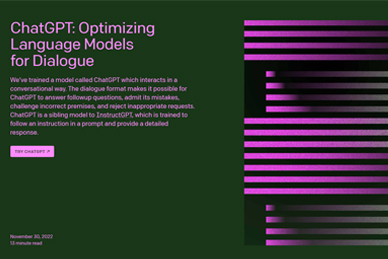 Recently, the artificial intelligence app ChatGPT has been making headlines in the higher education media and beyond. Some have taken an alarmist approach, such as a recent Atlantic piece titled “The College Essay Is Dead.” Others have been more sanguine, examining the limitations of the app as well as offering suggestions for how it can inform student learning and writing. Below is an FAQ about ChatGPT that includes links to useful resources. Read more |
| Structuring Classroom Discussions About Elections Tue, 10/11/2022
This midterm election season brings an important opportunity for students and instructors to connect classroom learning to the value of civic engagement. Developments in law and politics at the national level have highlighted the particular importance of state and local civic engagement. The Center for Research on Learning and Teaching works with instructors to think through approaches to incorporating discussion of the midterm election and its links to civic engagement into their courses, as well as strategies for responding in the moment when these issues arise. Encouraging students to engage in the US democratic process is a non-partisan activity This post shares highlights from resources curated for faculty and staff to not only encourage voter engagement, but also to support the development of students’ habits of democracy before and after the upcoming election. Regardless of citizenship status, domestic and international students benefit from understanding how democracy works. Read more |
| Teaching in Fall 2022: Balancing Flexibility and Accountability Mon, 08/22/2022
As we move into the Fall 2022 semester, we are hearing a range of approaches to flexibility. For some instructors, this reflects a long-standing commitment to allowing students multiple ways to navigate their course and demonstrate learning. Others, especially those teaching large courses, have reported that student expectations for flexibility around course modality, grading, and attendance have become unmanageable for them and seem to have led to student disengagement as well. So, what do you do this fall? Read more |
| 2022 Equity-focused Teaching @ Michigan Series Mon, 03/28/2022
|
| “Help: My students are overwhelmed, and so am I!” Tue, 11/16/2021 Guest Author: Joy Pehlke, Wolverine Wellness
My role at Wolverine Wellness allows me to witness the student experience in multiple ways: through one-on-one wellness coaching conversations, well-being presentations, and discussions in my class, ALA 240: Living Well in College and Beyond. Many students, staff, and faculty hoped that things would get easier once we could go back to some sense of “normalcy.” Instead, a common theme has emerged. We are struggling with the tension of wishing things would get easier and finding they’ve only become more complicated. We are seeing higher levels of stress and anxiety, and it has become clear that pre-existing issues on campus (burnout, overwhelm, perfectionism, imposter syndrome, racism, loneliness, etc.) have only been amplified by the pandemic. And these aren’t just student issues. Instructors are impacted, too. Read more |
| Fall 2021 Course Evaluations: Creating Useful Questions Mon, 11/15/2021
In this blog post, we review the university-wide questions that appear on end-of-semester evaluations, and we offer guidance on how to make the most of instructor-created questions. These principles can also be used to create questions for feedback that you collect at other times of the semester. In addition, this previous CRLT blog post provides strategies for increasing student response rates, and this Registrar's site contains details about the course evaluation process. Read more |


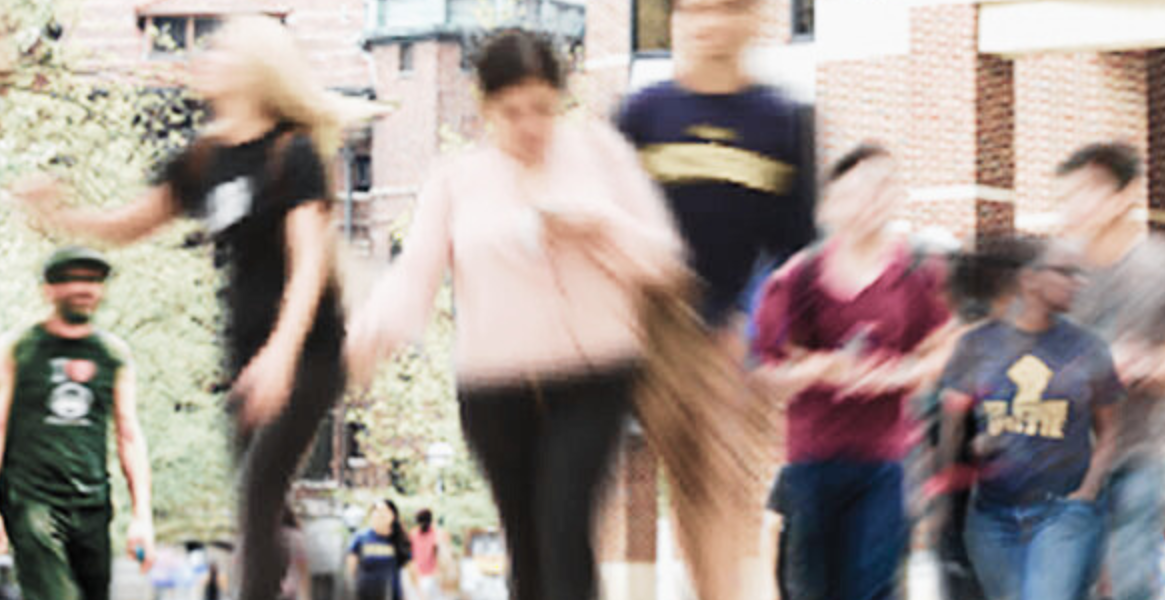 At CRLT we continue to develop our understanding of equity-focused teaching as an ongoing process of learning from doing, reflecting on our impact, and critically investigating our practices. This year’s Equity-focused Teaching at Michigan May Series aims to foster critical reflective practices as a central component of Equity-focused Teaching. Using the lens of “practice” means we can think critically about the patterns of inequity and power that take shape in often subtle yet impactful ways through our actions over time. Critical reflection is the work of actively examining and unpacking these patterns, using our experiences as evidence, in dialogue with others’ perspectives and knowledge.
At CRLT we continue to develop our understanding of equity-focused teaching as an ongoing process of learning from doing, reflecting on our impact, and critically investigating our practices. This year’s Equity-focused Teaching at Michigan May Series aims to foster critical reflective practices as a central component of Equity-focused Teaching. Using the lens of “practice” means we can think critically about the patterns of inequity and power that take shape in often subtle yet impactful ways through our actions over time. Critical reflection is the work of actively examining and unpacking these patterns, using our experiences as evidence, in dialogue with others’ perspectives and knowledge.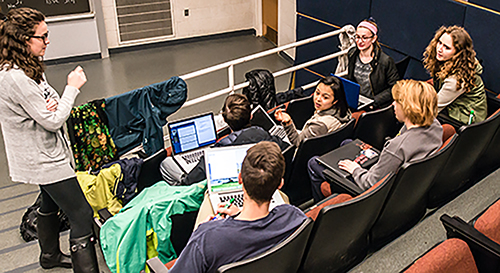 In scientific research, rigor refers to the level of care and precision used in the design, execution, and interpretation of experiments and studies. For example, the National Institute of Health (NIH), a major funding source for medical and biological sciences, requires grant applications and progress reports to adhere to a strict standard of rigor. In this setting, scientific rigor is defined as: “the strict application of the scientific method to ensure unbiased and well-controlled experimental design, methodology, analysis, interpretation and reporting of results.” While this definition is STEM specific, descriptions of rigor in other disciplines also focus on thoughtfully executing one’s work, ensuring it is grounded in scholarship, and examining one’s biases in analysis and interpretation (e.g., see Gill & Gill, 2020; Langtree, Birks, & Biedermann, 2019; and Riggs & Büchler, 2007).
In scientific research, rigor refers to the level of care and precision used in the design, execution, and interpretation of experiments and studies. For example, the National Institute of Health (NIH), a major funding source for medical and biological sciences, requires grant applications and progress reports to adhere to a strict standard of rigor. In this setting, scientific rigor is defined as: “the strict application of the scientific method to ensure unbiased and well-controlled experimental design, methodology, analysis, interpretation and reporting of results.” While this definition is STEM specific, descriptions of rigor in other disciplines also focus on thoughtfully executing one’s work, ensuring it is grounded in scholarship, and examining one’s biases in analysis and interpretation (e.g., see Gill & Gill, 2020; Langtree, Birks, & Biedermann, 2019; and Riggs & Büchler, 2007).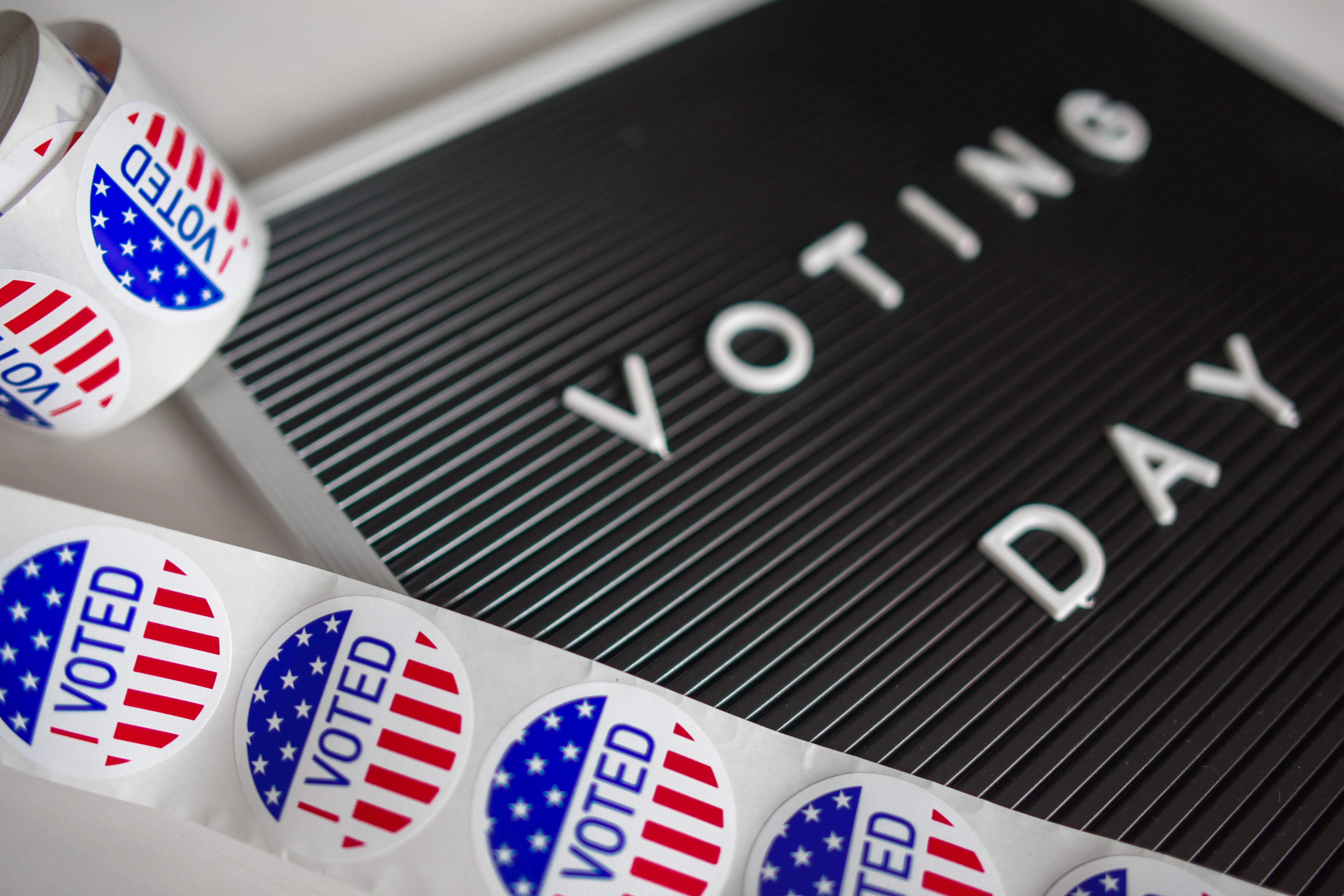
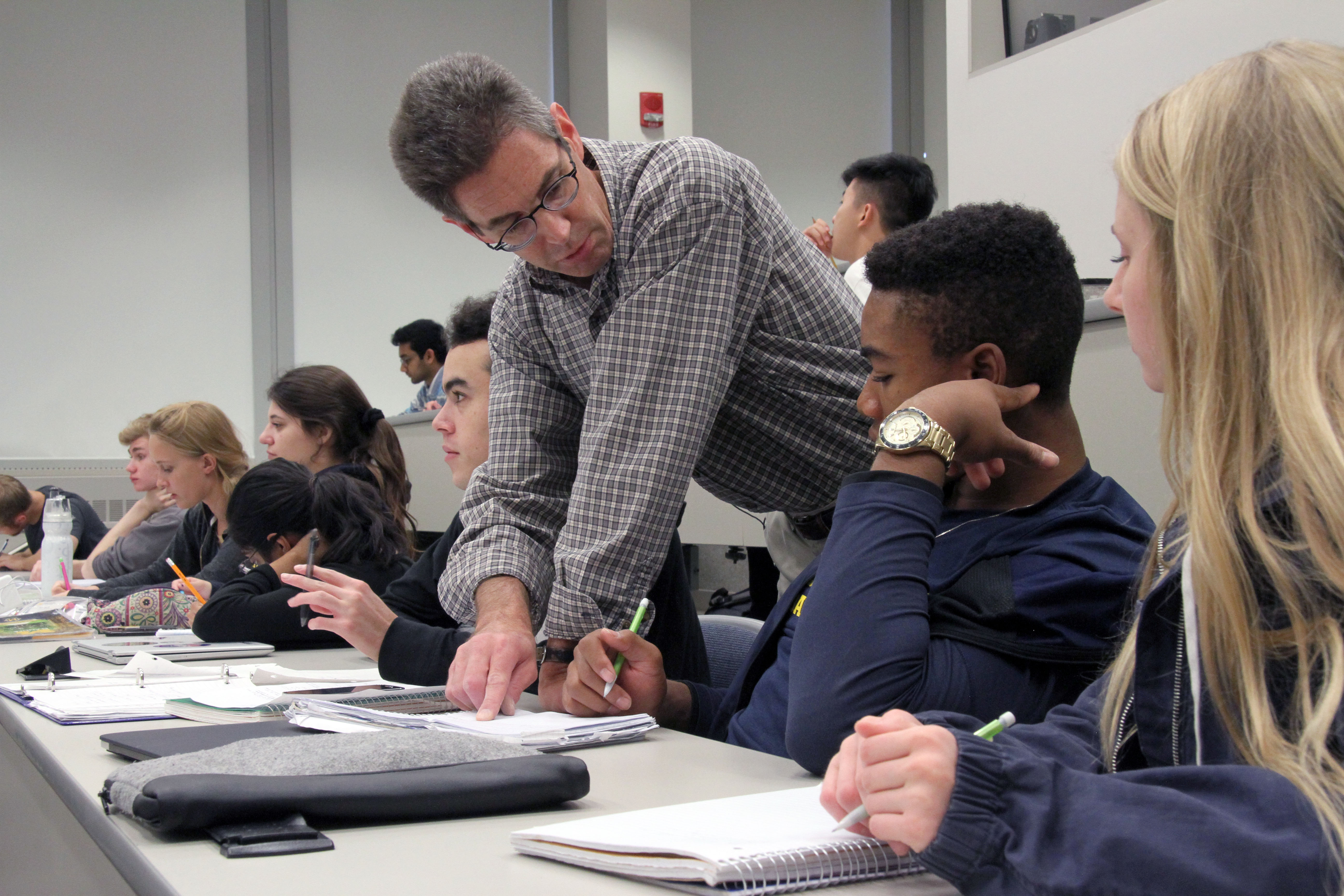 Over the past two years, instructors across the university have learned a great deal about ways to build flexibility into their courses, a core principle of equitable teaching. We know that students have benefitted from this approach to course elements such as absences and deadlines.
Over the past two years, instructors across the university have learned a great deal about ways to build flexibility into their courses, a core principle of equitable teaching. We know that students have benefitted from this approach to course elements such as absences and deadlines.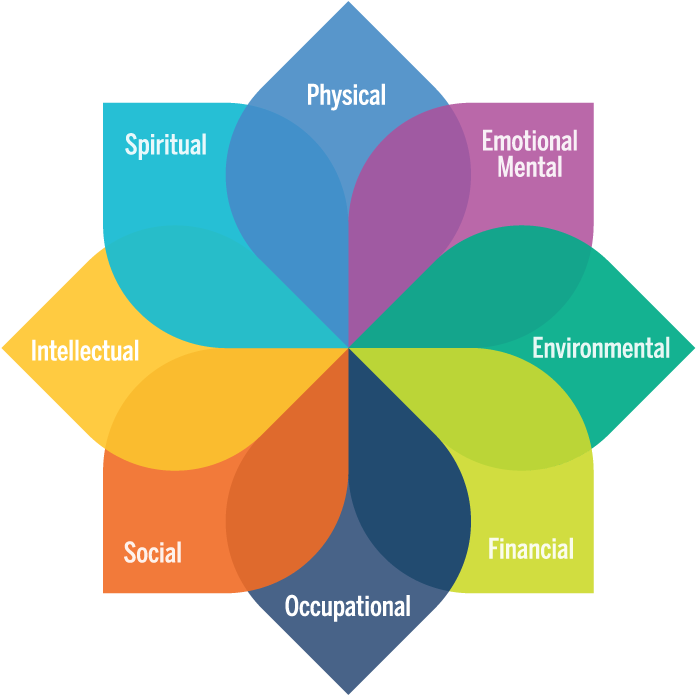 A common theme we are hearing from instructors across campus is the level of stress they and their students are experiencing this term. To offer context about the current moment and suggestions for navigating it, we have asked Joy Pehlke, Health Educator and Wellness Coach at University Health Service and Lecturer in LSA, to write this guest blog post.
A common theme we are hearing from instructors across campus is the level of stress they and their students are experiencing this term. To offer context about the current moment and suggestions for navigating it, we have asked Joy Pehlke, Health Educator and Wellness Coach at University Health Service and Lecturer in LSA, to write this guest blog post. As we pass the middle of the term, instructors are asked to think about course evaluations that students complete at the end of the term (November 19-December 10). Twelve days before evaluations open, U-M instructors are invited to preview evaluation questions and create a few of their own if they wish. What principles or goals might guide you in that process?
As we pass the middle of the term, instructors are asked to think about course evaluations that students complete at the end of the term (November 19-December 10). Twelve days before evaluations open, U-M instructors are invited to preview evaluation questions and create a few of their own if they wish. What principles or goals might guide you in that process?